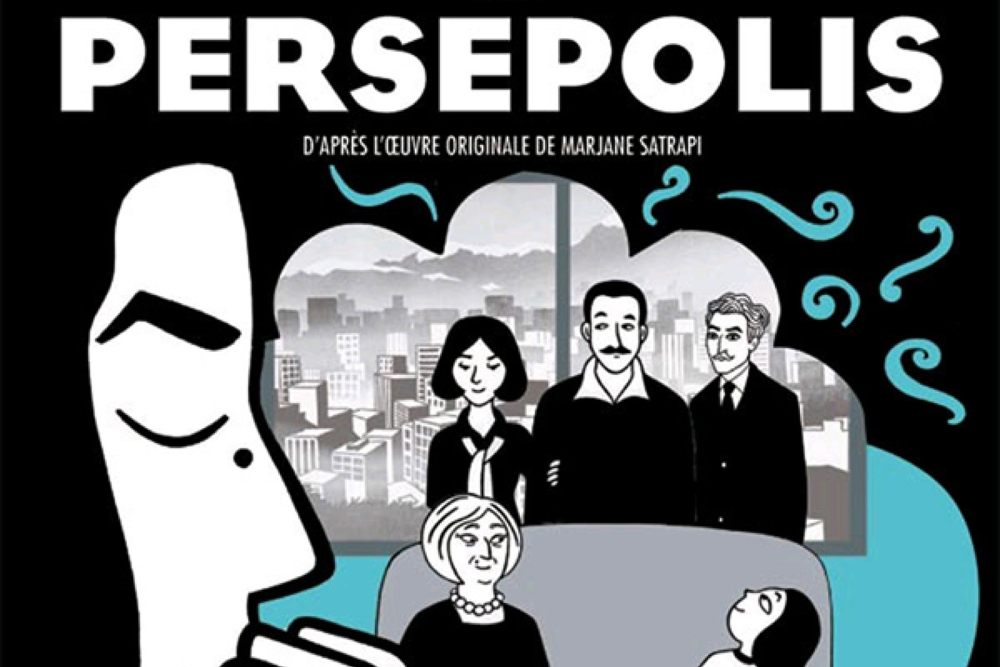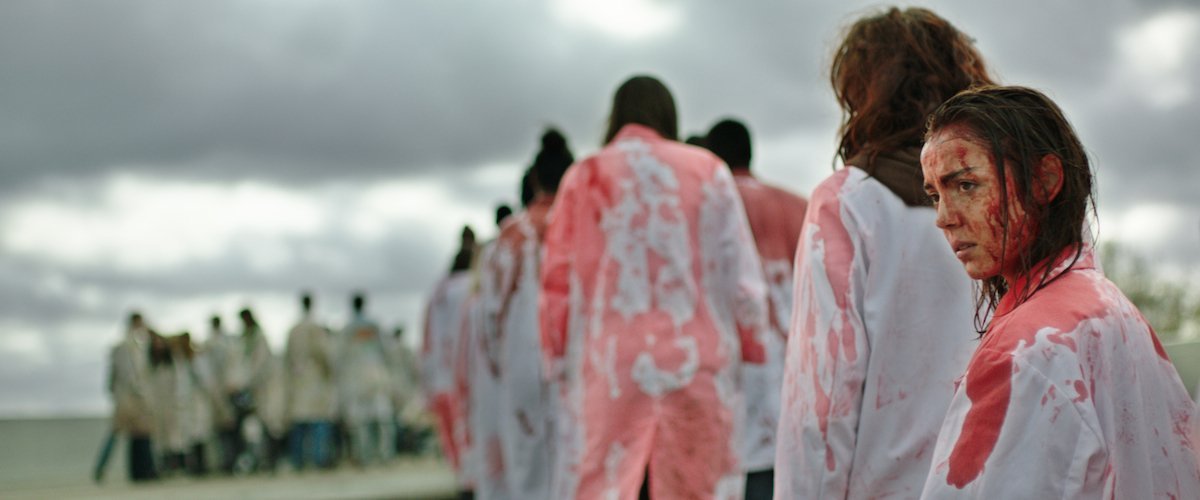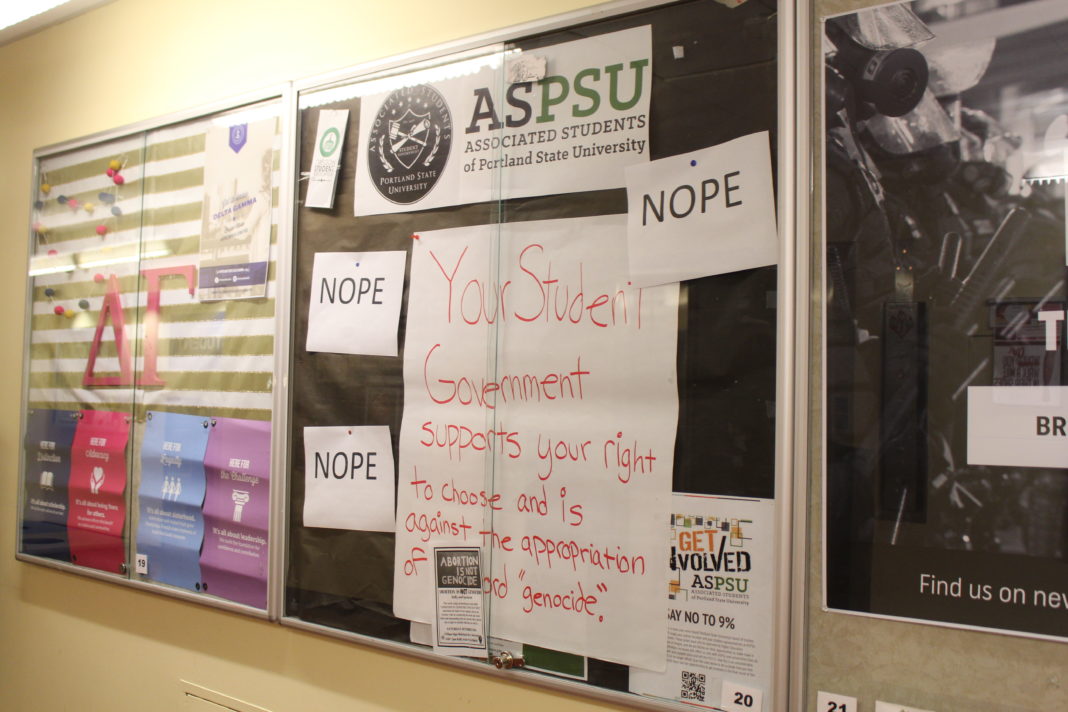On July 16, members of the community gathered in the Parsons Gallery for Professor Robert Asaadi’s “Beyond Stereotypes: Exploring the Human Experience in Iranian New Wave Cinema,” a lecture in conjunction with the Middle East Studies Center’s 2018 series “Middle East in a Time of Change.”
Asaadi—a specialist in Iranian studies—currently teaches in the Departments of Political Science and International Studies and holds a doctorate in political science from the University of Minnesota.
Asaadi began his lecture describing common portrayals of Iran in Western cinema, such as in Rosewater (2014), Argo (2012), 300 (2006) and Not Without My Daughter (1991). In each of these cases, the films either minimized or misappropriated Iranian society. Additionally, he gave an overview of the past 40 years of political discourse, specifically the phrases used by former United States presidents, such as “outlaw, rogue state, state of concern, outlier state,” and what he argues is the most damning, “Axis of Evil.”
This evening, however, was not about debunking missteps in U.S. foreign policy but rather to look at Iran outside the commonplace trajectory of global politics.
“Life is more complex than good guys and bad guys, than ‘you’re either with us or against us,’ or you’re a rogue state or a rogue actor,” Asaadi said. “Morality and ethical issues involve a lot more complexity.”
Before delving into the featured movies, Asaadi opened with a poem that relates to these complexities. Though he was unsure of the author, he believes it might have been the ninth century poet Rudaki.
The poem reads:
“Oh dead person
Who did you kill so that you were killed?
And who will kill the one that killed you?”
Included in this lecture were clips from A Girl Walks Home Alone at Night (2014), A Separation (2011) and Taste of Cherry (1997), all of which show the complexity of Iranian society.
Described by some as the first Iranian vampire western, A Girl Walks Home Alone at Night features a girl who is never named riding through the streets of Bad City on a skateboard as her chador flutters behind her like a cape while she doles out justice. One of the major contemporary Iranian issues the movie attempts to address is drug abuse, while also focusing on economic inequalities, public versus private spheres, and emigration.
A Separation also addresses issues of inequalities, public-private lives and emigration, while also taking a critical look at the ethics of the characters involved and the role of religion. An interesting feature of this movie was the opening to the film, which features “In the name of God” in Persian, rather than the more widely used Arabic.
به نام خدا
The last movie featured that evening was Abbas Kiarostami’s film Taste of Cherry, named for the story told toward the end of the film. The film is set in the outskirts of Tehran on a man driving around attempting to find someone to help him commit suicide. Throughout the movie, he meets people of various backgrounds in regards to their societal roles, ethics, as well as ethnicity.
Asaadi ended the lecture by saying, “I think it’s useful to look at what [Iranians are] producing as a culture, and cinema is one of the forms where Iranians both in Iran and abroad are actively engaged. I think it goes a long way to break through the oversimplifications of Iran as a threatening, evil rogue actor.”
When I first came to PSU, I was a Chinese major, having studied three years prior in high school alongside French and Japanese. After the first year, I took a hiatus. I don't believe in going to college straight out of high school, but it's what was expected. I returned a few years later to study Japanese at PCC and Arabic at PSU. I am now a junior majoring in International Studies: Middle East and Arabic. In the future, I would like to work as a journalist or humanitarian aid worker in the region, helping people who lack economic and political backing and media exposure.






